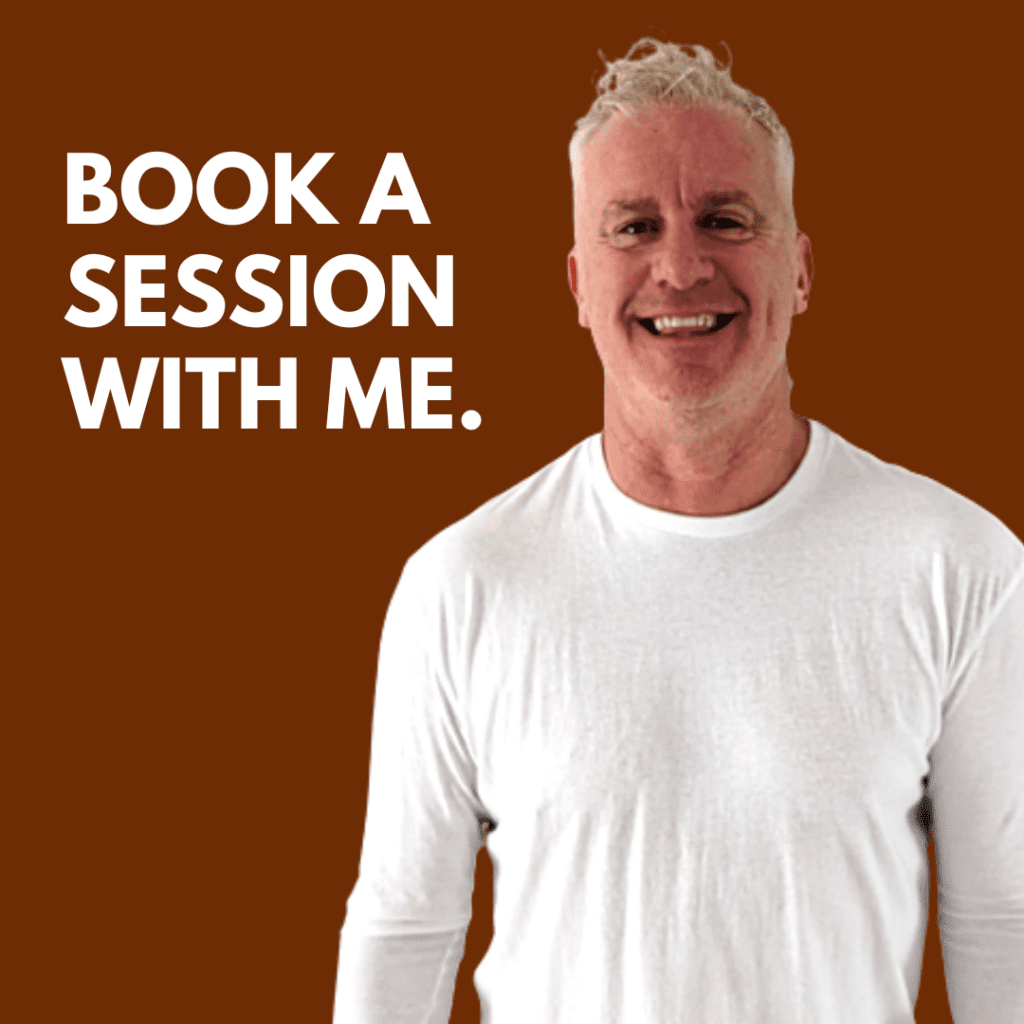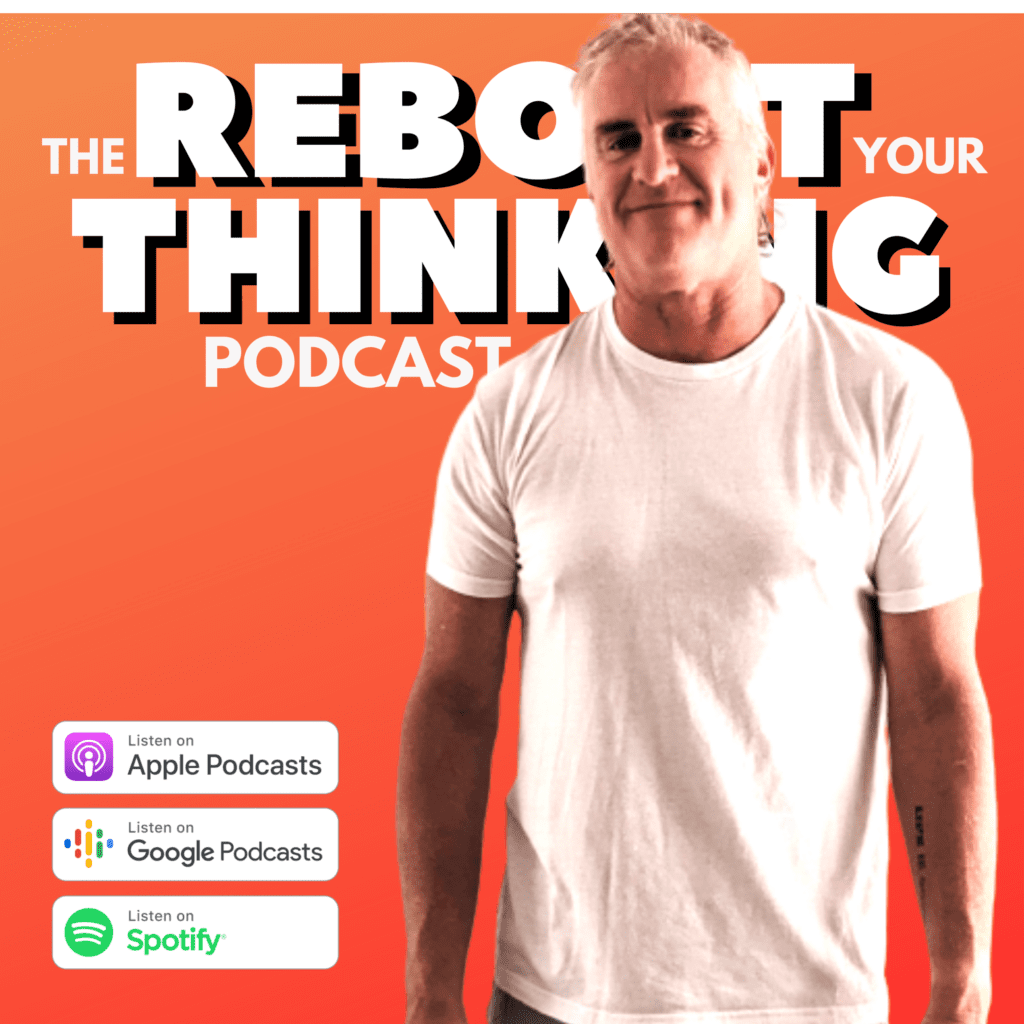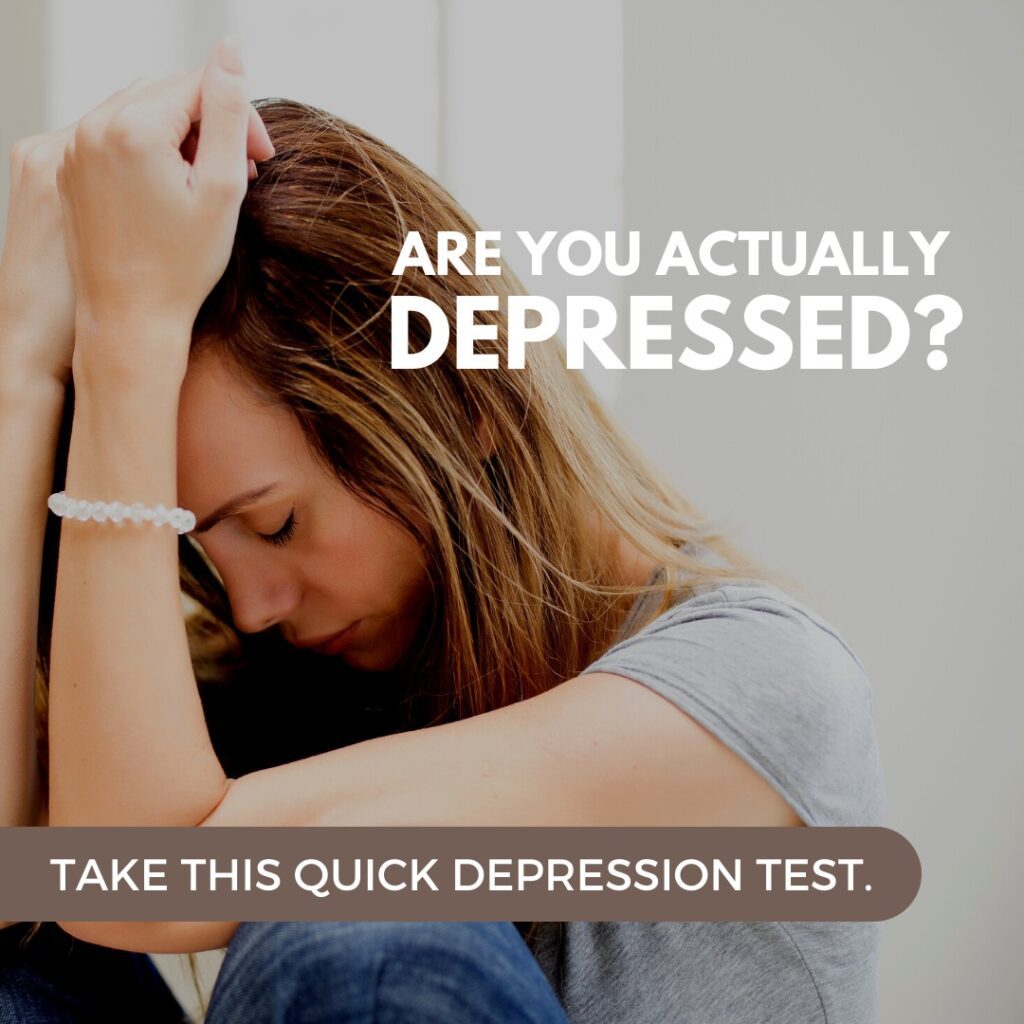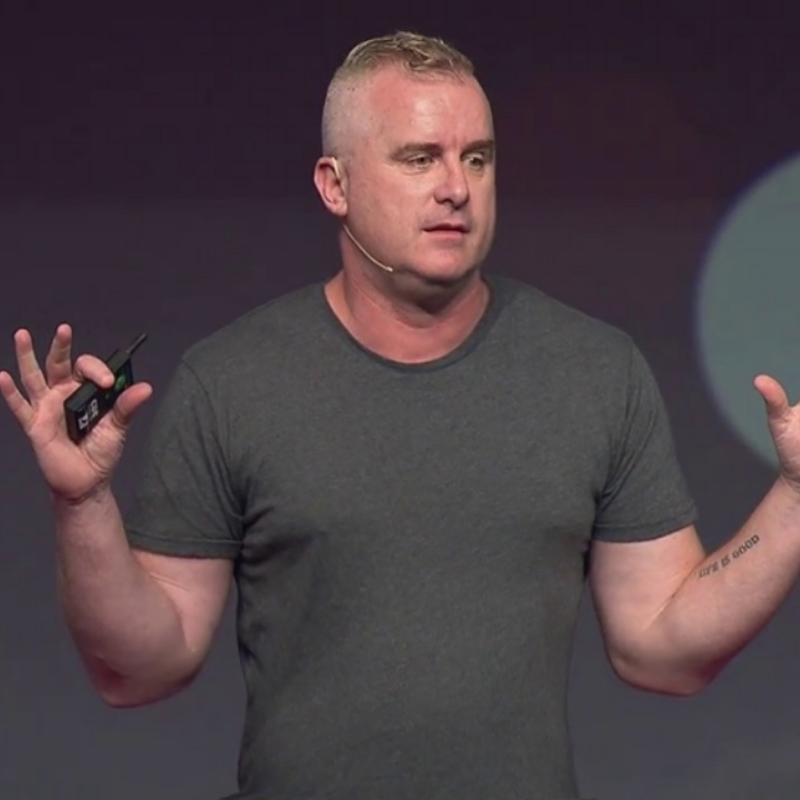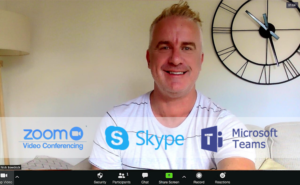This post is a 15 minute read.
Want to learn how to plan an event or conference, including how to select and book the best motivational and professional speakers, and make it really successful?
Even if you have run one hundred events before, each new conference or event you are asked to plan, host, and run, is full of potentially new challenges you have never encountered before.
Or maybe you have just been asked to plan and run your first conference?
Where do you even start?
There are a lot of things to think about when putting together a conference and whether it’s in a huge theatre venue or a smaller, more intimate dinner venue, the silver bullet to getting everything right and having no nasty surprises, is planning.
I have delivered a keynote presentation at, or MC’d, over 360 conferences, in front of an audience of over 371,000 people, in 15 different countries.
From big conferences in stadiums, TEDx talks, to smaller events in the kitchen of a startup, I have spent a total of almost 450 hours on stage.
As a result, I have seen lots of conferences done really well, and some that were … well, less successful.
And the common denominator in all of the events that I have seen done really well?
Meticulous planning.
But don’t worry, if you are starting to freak out a bit thinking this conference planning stuff is beyond you, it’s not.
You just have to be organised, create loads of lists, delegate (a lot), and follow my step-by-step guide to planning your conference.
You ready?
Before you start even thinking about a date or a venue or anything else.
I get it. The fun stuff (if there is any) in putting together a conference like this is deciding on a date, booking a venue, sorting out food and speakers and entertainment, and so on.
But trust me, you are never going to get that far if you don’t do some planning and spend more time on some boring stuff first.
So here it is …
1. Organise some conference organising tools.
I am going to asuume you are not running this whole thing on your own.
And if I’m right, you will need to share tasks, ideas, responsibilities, and lists with other people, as well as keep them for yourself.
Not to mention how are you going to take registrations?
How are you going to sell tickets?
Are people going to get actual hard copy tickets, or just a virtual sign in when they arrive?
How are they going to pay?
How are you going to follow up with them?
All of these things can now be done by loads of different software and hardware choices in conference organisation and management.
Some of the software options here include here include Trello, OpenConf, Eventbrite, Ticketbooth, Everwall, and good old Facebook Events.
2. What is the theme or message of your conference?
This is probably the most important consideration before you start thinking about anything else.
What do you want attendees to be attracted by in the first place, and then what do you want them to leave the venue with immediately following the event?
Is the conference a more educational one?
Is the conference an inspirational or spiritual one?
Do you have a sales message that you want throughout the event, or do you want to be more subtle and gather interested followers to sell something to at a later date?
All of these things have a huge bearing on whether a certain speaker is going to be a good fit.
For instance, in my speaking career, I speak on stage largely about change, and moving away from our trauma and towards being the best version of ourselves.
I am a speaker that conveys a motivational and inspirational message to an audience and encourages them to think differently and embrace change as much as they can, and to keep moving forward in their growth and in their lives.
So, if a conference is based on more conservative thinking or ideas around traditional values and historical ways of doing things and thinking about things, then I am clearly not going to be a good fit for that particular conference.
Likewise, if your event is about female empowerment, and your brand is solely focussed on and marketed to women, I – and probably any other male speaker for that matter – might not be the best choice (although not always).
Finding the best female motivational speaker for that particular event will probably have the best feedback, and the best impact on your audience.
My point is, it’s impossible for you to match the best motivational speaker for your conference if you have not first identified the theme and messaging of your conference in the first place.
3. Who is your audience for your event or conference?
Are you targeting a particular demographic to attend your conference?
Maybe it’s a small business or startup conference, a particular industry conference, a trade event, or a youth seminar.
If you have a pretty good audience of who the attendees are going to be, this will help you a lot in finding the best motivational speaker for your conference too.
Keep in mind, though, that doesn’t mean that the speaker has to be just like them. In fact, some of the best speaking engagements I have ever done, were when my audience was, on the face of it, nothing like me.
Some of my best feedback has come from conferences where the audience was full of button-downed people in expensive suits and serious looks on their faces, and me on stage in my jeans and t-shirt talking about trauma, resilience, and feelings!
4. What is the conference venue?
This is a big consideration, for a few different reasons.
Firstly, the size of the venue. Some speakers, for many varied reasons, are better in larger venues which require more staging and more audio-visual requirements and so on, while other speakers thrive in the more intimate spaces with a smaller audience.
Some conferences I have spoken at have been in stadiums that sat more than 10,000 people, and some events I haven’t needed a microphone at all, and didn’t have the opportunity to have a presentation on slides for example.
I am a pretty adaptable speaker, but many are not. That’s not a criticism, it’s just some speakers are very good at a particular audience and particular audience size and venue, and some are not. It’s definitely something worth thinking about before you even start looking for a motivational speaker for your conference.
5. What is the purpose of the motivational speaker at your conference?
You definitely can’t judge whether a professional keynote speaker was a good fit for your conference, after the event, if you don’t first think about what the purpose of having them speak at your event in the first place is.
Sometimes, that purpose is as simple as ‘we want him to help us sell stuff to the audience’, or ‘we need her to educate our members better on the value of their membership’ and so on.
But sometimes, you need an event speaker to suit a completely different purpose.
What do you need them to do? What value are they going to bring? What gaps are they going to fill? Answer those questions, and you are a long way toward finding the best motivational speaker for your conference.
6. What do you want the speaker to do?
What I mean is, do you need them to present a big plenary session for all of the attendees, or maybe it’s an opening or closing session you need them to do, or a smaller break-out session, or a ‘bring your laptop’ workshop within the conference.
It might seem obvious, but some speakers are not very good at workshop style stuff, but are absolutely amazing at opening or closing the conference with a plenary presentation, and vice versa.
Think about what you need them to do at your conference, before you even start looking for who they are.
7. What is your budget?
Ahh, the big question for many people when they speak to me about speaking at their conference. And one that, thankfully, I am able to be really transparent and honest about, which saves a lot of wasted time and awkward conversations later down the track.
The majority of professional speakers in Australia, like me, charge a minimum of $5,000, and some speakers charge considerably more than that based on either their profile, the level of exposure they are going to bring to your event, or how much income you might potentially make from having them speak at your event.
It’s also worth remembering that speakers may or may not include travel and other expenses in their speaking fee, so the clearer you are with your budget and what you are able to pay for a speaker, before you even start looking for one, the more smooth the process is going to be for you.
Where to look for a conference speaker
OK, so you have done all of the above planning and organising for your conference in terms of themes, messaging, budget and so on, so now it’s time to start looking for the best motivational speaker for your conference.
So, where do you start looking?
8. Google.
As a professional speaker and best-selling author, I spend a lot of time trying to ensure that the right people find both me and my books when they are searching on Google.
And because of that work, I know how competitive and frustrating the process of finding an inspirational or motivational speaker can be for someone like you who has to start their search on Google.
And that’s made a little bit harder by some agencies, venues, and production companies putting certain search terms like motivational speakers, inspirational speakers, best motivational speakers, famous motivational speakers or keynote speaker into their own websites so that they actually appear before the websites of speakers like me and many others.
That said, Google is still the best place to start your search. But I would encourage you to search as specifically as you can to find the best professional speaker for your particular conference.
For example, searching female motivational speakers, or small business motivational speakers, or sports motivational speakers, or whatever the particular speaker you are looking for is, will give you better and more targeted results, and make the job of finding your perfect event speaker loads easier.
9. Speaker Agents.
There are other ways to search for speakers outside of Google though.
Some speakers, like me, are represented in the market by a speaker agent. Sometimes, that speaker agent represents more than just one speaker, and as such, they can give you a variety of talent suggestions to better suit your needs for your conference.
My agent, for example, is Carson White from Leading Voice Speaker Management. Within that business, Carson and his business partner, Simone Ashton, manage not only me but other big names in the speaking industry including Shane Jacobson, Robyn Moore, Nigel Collin, Darren Flanagan, David Reyne, JJ Ferrari, Scott Boocock, Yvonne Adele, Adam Elliot, Dr. Keith Suter, Tom O’Toole, Cameron Schwab, and Siimon Reynolds.
Speaker agents are a great way to find your event speaker, because they act on the speaker’s behalf, but also organise all of the admin, travel, and invoicing for the speaker as well, which takes a lot of your worry out of the booking process as well.
10. Call for Speakers.
This is a more traditional way to get speakers for an event, and one that is still widely used for academic, scientific, or educational conferences. The organiser puts out the opportunity for speakers to submit their details, and in some cases their academic papers or abstracts to the organisers and then the speakers are chosen to present the findings of those studies, and perhaps provide some commentary on them as well.
If you are running a conference where you have space for the author of a scientific paper for instance, to present a session, then this is one way to go.
11. Read ebooks.
There are now loads of resources available online, not only from speakers, but from others who organise events just like yours.
It’s worth investing some time in reading some of these ebooks for instance, because it’s a way for you to learn some new information or ways to achieve what you want to with your event, but it’s also a way to vet potential speakers for your event as well, based on the informational resource they have created.
If you’re interested, you can download my free ebook, The Insider’s Guide to Better Events, by clicking here.
12. Listen to podcasts.
Likewise, many speakers and speaker agents have either their own podcasts, or they appear on other people’s podcasts, and it’s a great way for speakers to have their voice heard by other people, often those who are looking to book them for speaking engagements or other work.
For example, my agent Carson who I mentioned before, has his own podcast called, ‘Our Next Guest Is’, where he features loads of professional speakers telling their stories, and it’s something that I have got a lot of work from in the past too. You can check it out here.
And I know that this strategy for finding speakers works too because a episode that I did on my mate, Kerwin Rae’s podcast Unstoppable, has contributed to my speaker bookings as well as book sales and so on too.
Podcasting is huge now, it’s an opportunity missed if you don’t include them in your search. Here’s a link to other podcasts that I have guest appeared on too.
13. Ask for referrals from other professional speakers.
I’m fortunate to be a busy speaker and as a result of that, I often get enquiries about speaking at an event when I’ve already committed to another event on the same day and time.
Rather than just turn people down flatly, I always try to suggest another speaker that I think is a good fit for the job and who will do a good job of it.
I am always conscious of the reputation that I am putting on the line when referring someone else instead of me, so I take that very seriously.
And so do all other professional and motivational speakers too.
And that’s why asking a speaker, whether they have spoken before at a previous conference for you, or they are someone you are interested in but has already been booked elsewhere, or whatever, for their suggestion of a speaker is a good idea.
Trust me, we don’t want to suggest someone who will do a crappy job for you, and the only reason they were there in the first place was because of our suggestion.
14. Speaker Bureaus.
If you search on Google for motivational speakers, inspirational speakers, or how to find a motivational speaker for your conference, you will undoubtedly see in the search results, businesses like ICMI Speakers and Entertainment, Platinum Speakers and Entertainment, Inspire Speakers, or Great Expectation Speakers and Trainers.
These are speaker bureaus. They are like a go-between for you the event organiser and an event speaker.
If you are stuck for ideas on speakers, or prefer to work with an agency that arranges, books, and pays speakers all of the time, then bureaus are a good place for you to start too.
Each bureau represents thousands of speakers, so they should be able to suggest a variety of different speakers for you. My tip is just be as specific as you can with your needs, and shop around.
15. Survey audiences.
Whether those audiences are your existing clients, past attendees, or just people who have some knowledge of this event space, it’s a good idea to survey people who are likely to come to your next event, and ask them which speakers they would like to see giving a presentation at it.
If nothing else, it’s a good way for you to research the kind of voices and resources that your audiences are interested in and looking at or listening to all the time.
16. TED talks.
As a former TEDx speaker myself, I know that a lot of people who are looking for their next great conference speaker are looking for them on the TED website. And for good reason. They have thousands and thousands of videos of speakers doing their thing on the site, and those speakers are as diverse and varied as the talks they are presenting.
One thing to keep in mind, though, is that the finished product on the TED website has been rehearsed to the tiniest degree, and the video itself has been ruthlessly edited so a lot of the presenters’ personality might have been lost in the process, as well as a lot of the presenters’ mistakes and staging quirks as well.
17. Publications.
It might seem an obvious choice to check out the relevant trade publications or industry resources to find your next conference speaker, but keep in mind, some of the greatest authors I know in this world are also some of the worst speakers.
18. Sponsors.
OK, this is a tricky one.
There is often going to be a major sponsor of your event that wants some stage time for their CEO or marketing manager to get up and spruik their business and how great they are for supporting you in putting the conference together.
Understandably, really, considering their funds are making the event happen in the first place.
Sometimes, they just want to introduce the keynote speaker, and sometimes they might want a full plenary session to themselves.
And sometimes, it’s a commercial reality that you have to give them that.
I would just say that, even if they are a big sponsor and you are grateful for their involvement, it’s this kind of sponsored messaging that is often some of the most awful, unauthentic stuff that people remember (negatively) long after the event is over.
If you have been to even a handful of events, you know the session I am talking about. The fireside chat with the CEO of the major sponsor who has never been on a stage before and looks and sounds disingenuous and just out of place. Or the marketing manager who is given the intro for the closing keynote speaker who you have paid a considerable fee for, but not only mispronounces the speaker’s name, but also editorialises for 19 minutes when they should have taken 90 seconds.
That’s unfortunately the stuff that people remember. Just bs careful with it.
19. Watch videos.
Just like my suggestions above of reading ebooks, or listening to podcasts, searches for videos and watching showreels of motivational speakers on their websites are almost an essential ingredient for finding the best inspirational speaker for your conference.
You will see the speaker as they actually are on stage. You will see how they work, how they move, how they interact with audiences, what they say, and how they say it.
Keep in mind that, obviously, a speaker is going to have the video fo their best ever presentation on their website, but even still, it will give you a pretty accurate representation of both them and the quality of work they are going to bring to your event.
Lorem ipsum dolor sit amet, consectetur adipiscing elit. Ut elit tellus, luctus nec ullamcorper mattis, pulvinar dapibus leo.
WATCH
My Speaking Showreel.
22. Set up an obligation-free chat with the speaker.
This is a standard part of our booking process with my agent, Carson.
Once he has had an initial chat with the potential client, and they have determined together whether I am a good fit for the conference or event, Carson then offers them the opportunity to have a briefing call with me (that is absolutely free of any obligation to book me) so they can ask me questions about my work, or tell me things about the event, that might either seal the deal for me, or determine that I am not the best person for them.
If any speaker does not want to do this quick call with you prior to the booking, it might be a red flag.
And finally, after the conference has finished
So you have done the preparation, the planning, booked the speaker or speakers that you wanted, run the event, had it all go off without a hitch (hopefully), what then?
23. Gather data and feedback.
Now is the time to make this whole process a lot easier the next time you have to do it.
Survey the attendees and ask them for feedback on the speakers (among other things that made up the conference), ask the speakers for their feedback, and maybe add some subjective thoughts and data of your own.
Think about whether you would have that speaker again at a conference in the future, and if not, why not?
Think about what went well, what caused you anxiety or stress, and what surprised you with how easy and seamless it was.
All of this stuff is going to make your job so much easier the next time. Don’t ignore the data – data tells stories, it doesn’t tell lies.
24. Follow-up Work.
And then the very last thing that more and more conference organisers are asking me to do is to include in my quote of service some sort of follow-up work with either the attendees or the brand itself.
This might just be a quick video to remind the delegates of the things you talked about, and how them accountable for things they agreed to do or try, or it might be a more extensive course (either offline or online) that will hammer home the themes and ideas that you presented at the conference.
Think about what kind of follow-up work would be good for your conference and your conference’s audience, and make sure it’s part of your agreement with the speaker well before the event, not just an afterthought after it.
Conclusion
And that’s it, the ultimate guide for how to find a motivational speaker for your conference. If you have any questions or need more information on any of the content of this post, please contact me and I will help you out.
If you would like to see if I am a good fit for your conference, either in my role as motivational speaker or conference MC, please contact my agent Carson White, on 0499 811 817 (from inside Australia) or +61 409 811 817 (if calling from outside of Australia).
Otherwise you can check out my speaking page here, if you are an event planner I have a special page just for you, you can download my speaker brochure here, and if you want to check my availability of have an obligation-free chat, please fill out the form below.
dapibus leo.


